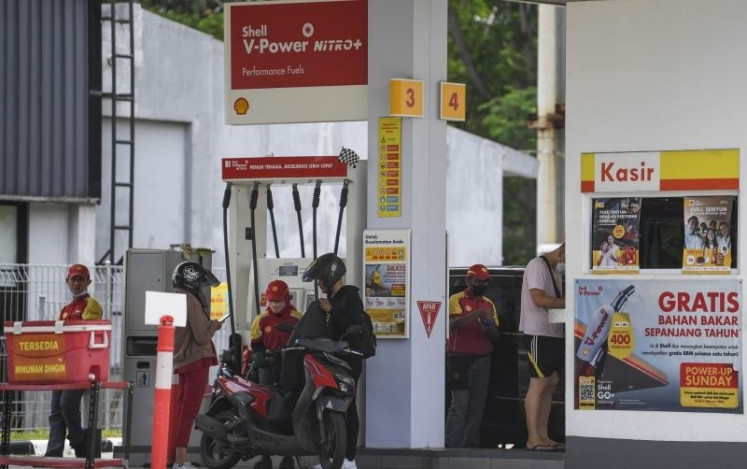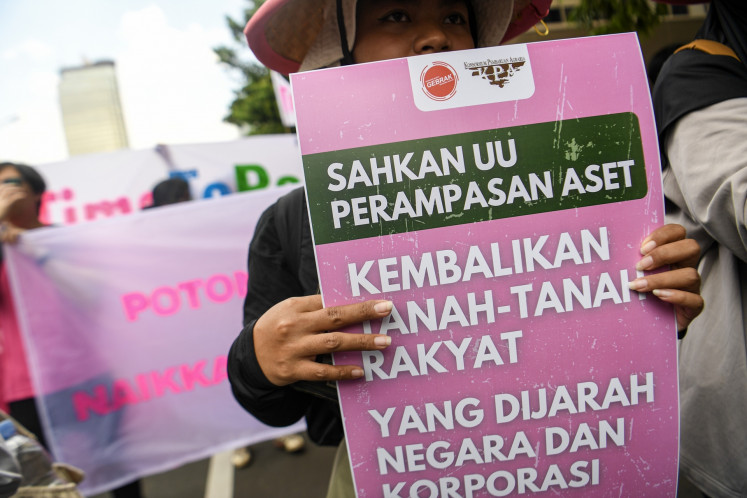Popular Reads
Top Results
Can't find what you're looking for?
View all search resultsPopular Reads
Top Results
Can't find what you're looking for?
View all search resultsUn-sharing economic model
We are no longer required to have a large company to operate a lucrative business.
Change text size
Gift Premium Articles
to Anyone
T
he recent development of business models in the world has put forth the use of technology to create a direct link between supply and demand. The most surprising fact is that we are no longer required to have a large company to operate a lucrative business.
For example, Airbnb is the biggest accommodation provider in the world, but does not own any properties. Alibaba is the leader in goods marketplace in China, yet does not maintain an inventory. While Facebook, the world’s largest media company, has zero media content.
This is the new model in which the “broker” of services utilizes mobile apps for customers to meet the prospective service providers. This business model is massive these days in Indonesia, as you can see with Go-Jek, Grab and Uber as great examples. All of them own zero assets but are arguably giant companies.
The broker business model is commonly called a sharing economy and has been proven to boost economic growth. For example, data from the Central Statistics Agency (BPS) states the unemployment rate in August decreased to 5.61 percent. According to the BPS, 500,000 new jobs were created in the transportation sector, thanks to the new ride-sharing apps like Go-Jek, Grab, Uber, etc.
The basic recipe of success is maximizing the demand and supply side to make the transaction. Consequently, the software company as a broker creates job opportunities in a relatively short amount of time.
Despite this glamourous achievement, there are side effects that are often left behind in the discussion; regarding workers’ rights and what kind of economic benefit is gained for both service providers and consumers.
The term “partner” coined by the app company is not an equal position for the service provider. In business terms, partners have some shares in the company, therefore it grants the partner certain rights, for example they can decide the vision of the company or how the company works.


















